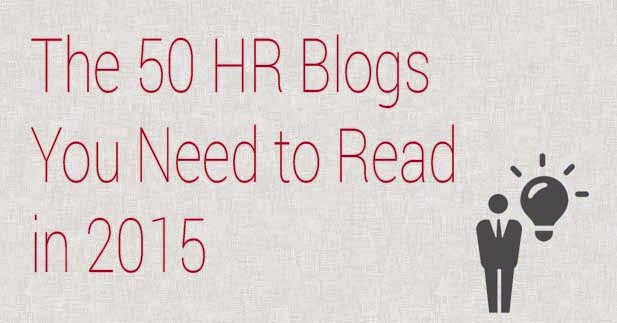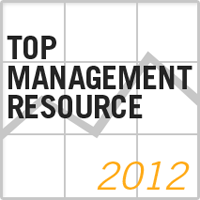As the health care reform issue continues apace, the notion of a public option with an opt-out would have a significant impact on many employers' benefits packages.
In today's edition of The Hill, Sen. Jon Kyl "said he supports the idea of allowing states to decide whether to opt in to a publicly run health plan." "The GOP whip said he prefers letting states decide whether to join instead of their being put in automatically."
The issue of an opt-in versus an opt-out brings to mind the recent book "Nudge" authored by Richard Thaler and Cass Sustein. In "Nudge," Thaler and Sustein discuss the notion of "choice architecture," the conditions under which choices are made. One example is 401(k) automatic enrollment for employees. By making enrollment in a 401(k) plan automatic, research found that greater retirement savings occurred than if employees simply opted-in.
In an interview at amazon.com, Thaler and Sustein discuss why people often make poor choices about complex issues:
There are three factors at work. First, people procrastinate, especially when a decision is hard. And having too many choices can create an information overload. Research shows that in many situations people will just delay making a choice altogether if they can (say by not joining their 401(k) plan), or will just take the easy way out by selecting the default option, or the one that is being suggested by a pushy salesman.Given this background, does have an opt-in option adequately address health care concerns? Behavioral economics suggests that such an option will likely cause health care to return to the status quo.
Second, our world has gotten a lot more complicated. Thirty years ago most mortgages were of the 30-year fixed-rate variety making them easy to compare. Now mortgages come in dozens of varieties, and even finance professors can have trouble figuring out which one is best. Since the cost of figuring out which one is best is so hard, an unscrupulous mortgage broker can easily push unsophisticated borrowers into taking a bad deal.
Third, although one might think that high stakes would make people pay more attention, instead it can just make people tense. In such situations some people react by curling into a ball and thinking, well, err, I'll do something else instead, like stare at the television or think about baseball. So, much of our lives is lived on auto-pilot, just because weighing complicated decisions is not so easy, and sometimes not so fun. Nudges can help ensure that even when we're on auto-pilot, or unwilling to make a hard choice, the deck is stacked in our favor.







